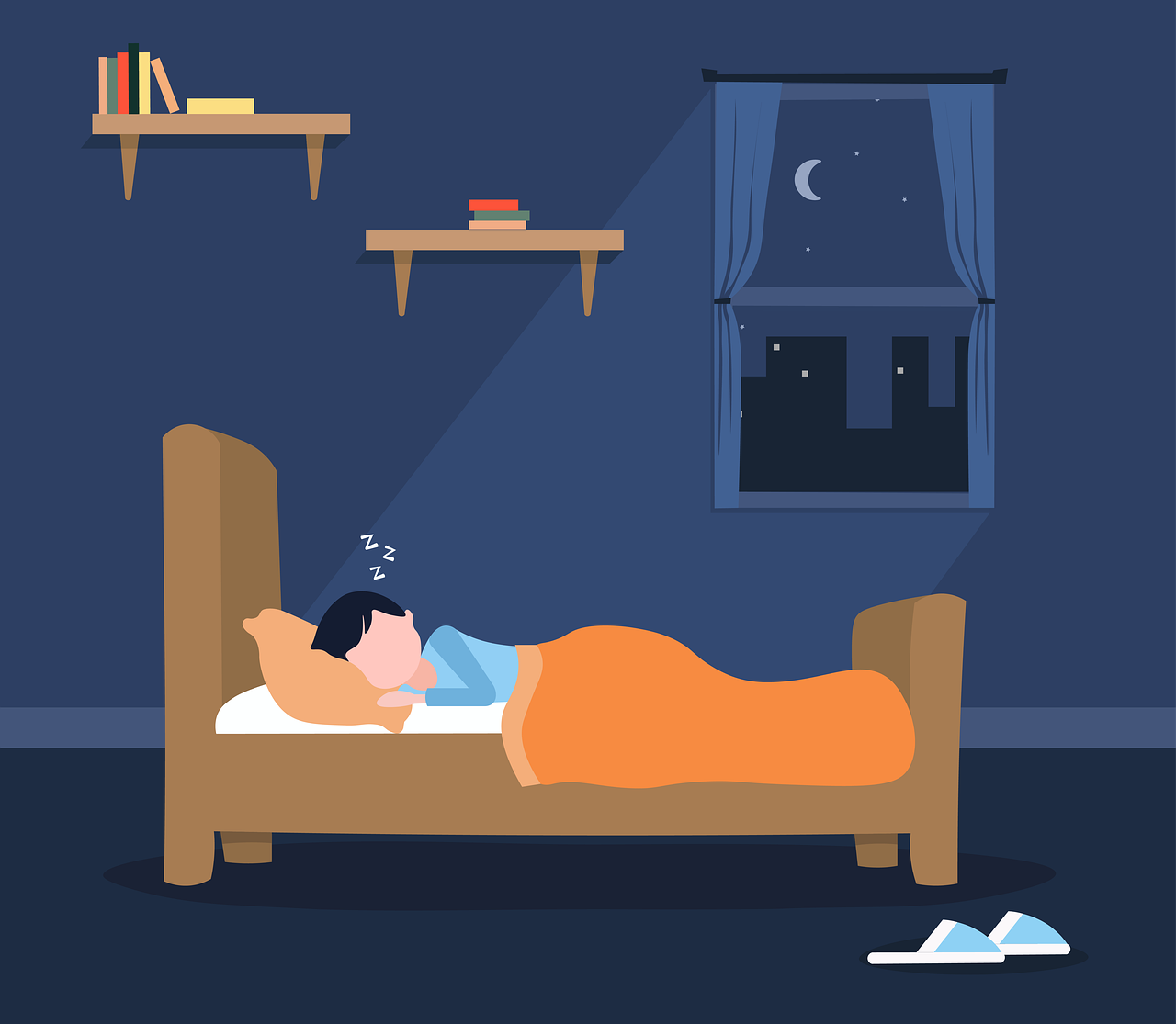
On the road to addiction recovery, several elements must come together to foster success. Medically supervised detox can be an essential first step. Finding the right rehab program is also important. Having a strong support group to help along the way can certainly be invaluable as well. Those are only a few of the factors that can aid in overcoming addiction. Studies are showing that developing a healthy sleep pattern is also a crucial piece of the puzzle.
Restoring Neurological Balance
For one, healthy sleep habits help during fentanyl rehab and other addiction recovery programs by restoring the neurological balance that was disrupted by substance abuse. They allow the brain to repair itself and regenerate from the damage done by substance abuse. Sleep also helps neurotransmitters and the neural pathways along which they travel to function properly. Getting adequate rest encourages the brain to essentially reset itself and restore proper levels of dopamine, serotonin, and other natural chemicals that are crucial for reducing substance cravings and regulating moods.
Reducing Stress and Improving Emotional Resilience
Secondly, healthy sleep patterns help with managing stress and regulating emotions. Sleep patterns tend to be disrupted by substance abuse. That can lead to sleep deprivation, which increases stress and interferes with emotional regulation. That, in turn, can make people more likely to turn to drugs and alcohol for relief from stress, anxiety, negative feelings, and other repercussions of inadequate rest. It also increases the risk of relapse even after completing a recovery program.
The resulting emotional instability reduces people’s ability to cope with the triggers that cause them to turn to drugs or alcohol. In contrast, healthy sleep patterns make people more emotionally resilient and resistant to triggers. They also reduce stress levels, which can contribute to overall health in numerous ways.
Improved Concentration and Decision-Making
Additionally, sleep is vital for improving concentration, decision-making, impulse control, and other cognitive functions. All those factors are crucial for overcoming addiction. Without adequate sleep, people may struggle to resist urges, make rational choices, and think clearly. That could make recovering from addiction more difficult or increase the risk of relapse.
Physical Healing
Sleep is also important for physical healing. Substance abuse can detract from a person’s physical health in many ways. It can also impede the healing process during recovery. Getting plenty of sleep and establishing healthy sleep habits fosters healing for a faster, more successful recovery from addiction. It can help reverse the physical damage done by substance abuse as well.
Bolstering Mental Health
Furthermore, there’s a definitive link between sleep and mental health. Lack of sleep can exacerbate the symptoms of anxiety, depression, and other mental health issues. It can increase the likelihood of addiction and relapse as well. On the other hand, healthy sleep patterns reduce the symptoms of mental health issues and help people overcome their addictions.
Promoting Addiction Recovery With Healthy Sleep Patterns
Healthy sleep patterns are only one aspect of a successful recovery from addiction. They’re certainly an essential part of the process, though. Sleep aids in restoring physical and mental health. It promotes emotional stability and resilience while strengthening the mind and steeling it against substance abuse triggers. It likewise restores the natural neurological balance that’s often disrupted by addiction. On top of those factors, good sleep habits help to establish a positive routine that fosters a healthy lifestyle.
from Health Archives - Market Business News https://ift.tt/1ie7K9G
via IFTTT



0 Comments